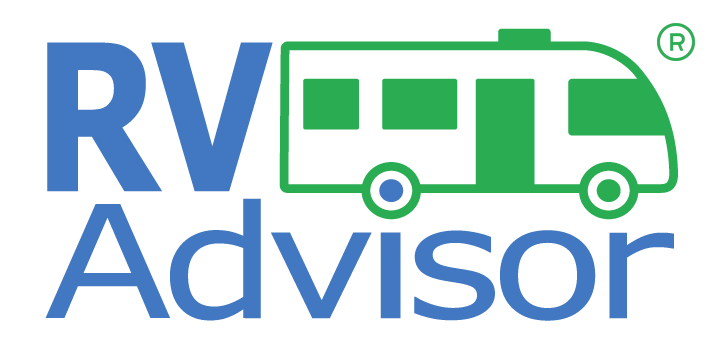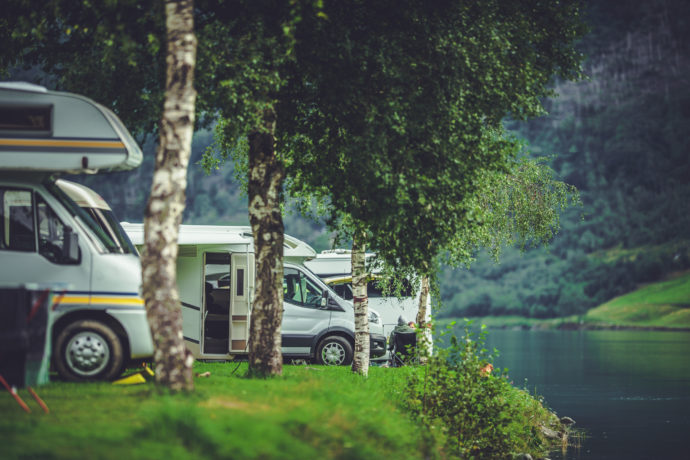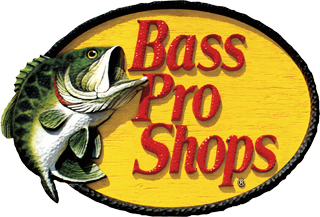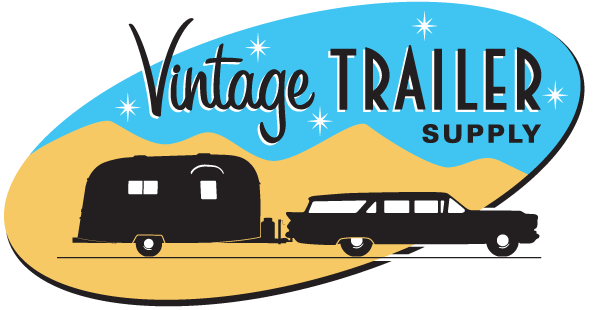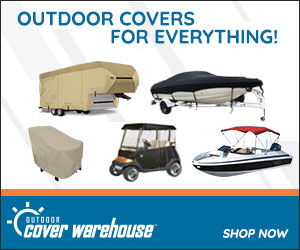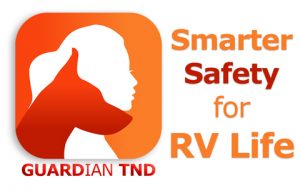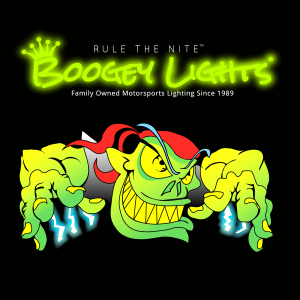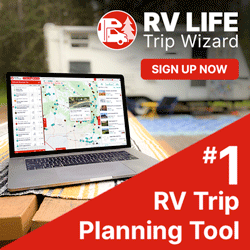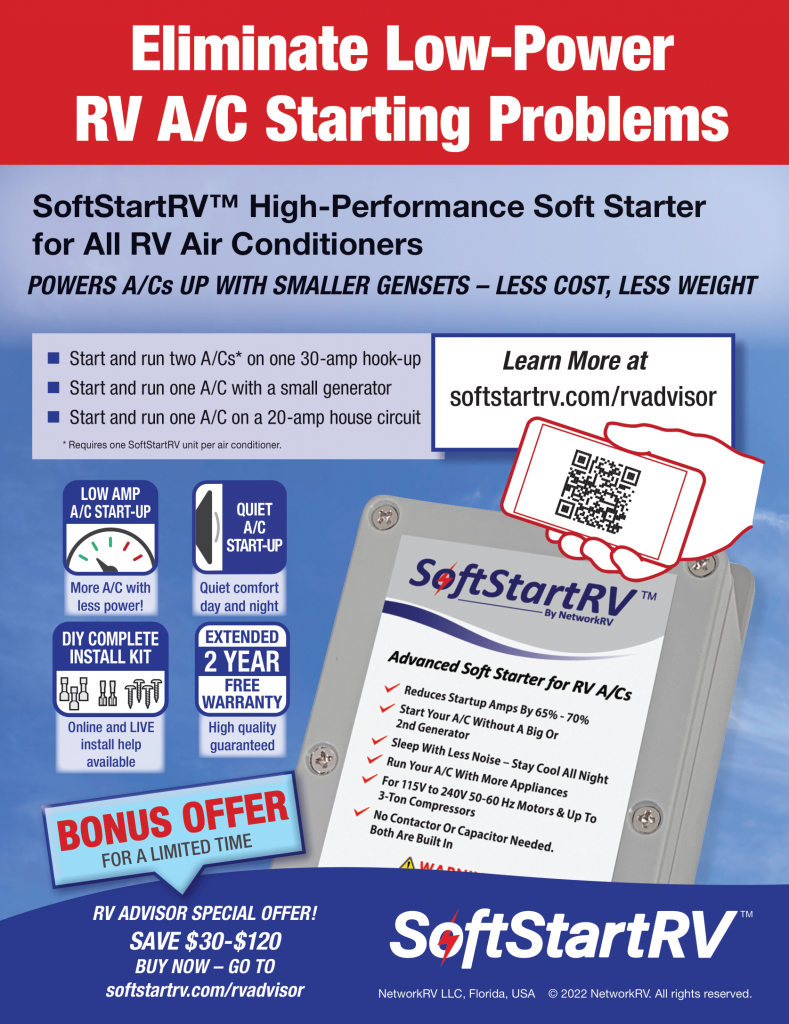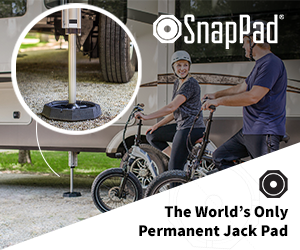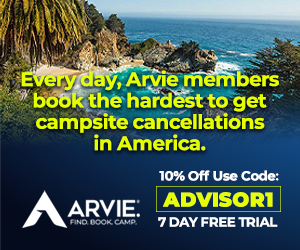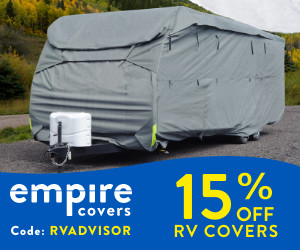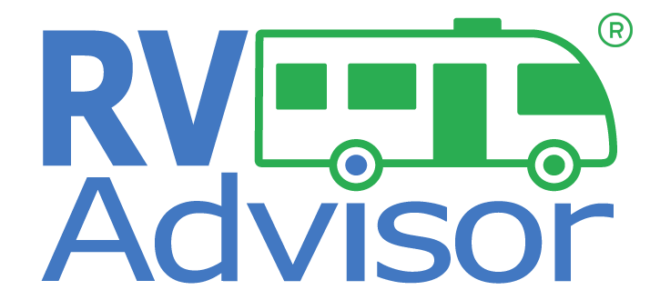We all start somewhere
You’re new to RVing, and there’s no shame in that. You’re embracing your dreams, and that’s commendable. We all have to start as rookies in order to evolve into veterans, and you’ve made the first step.
We’re not talking mistakes with systems and driving; we touched base on those in another blog. Instead, we’re looking at more common mistakes with destinations and travel. While you’re making your vacation plans, don’t forget about these things.
Is it enough or too much?
We’re talking about food here. How much does your family go through? It’s a common mistake to panic that you won’t be near a store all the time where you can run in and grab hot dog buns if you need them.
What do rookies do? They overstock their food storage, and then they cramp the amount of space they have. Figure out how much time you’re really going to be on the road and away from civilization ‒ or in an area where it’s not convenient to get off on the nearest exit and grab coffee creamer. Plan meals for that amount of time with a little extra and a few snacks. This will leave your fridge with enough space for leftovers and keep your cupboards from breaking at the seams.
Plan the trip
The romantic notion of hitting the road and figuring it out as you go is a great one, but it’s not practical or safe when you’re starting out. You’re new to this, and you want your first trip to be smooth and enjoyable so you’re eager to take more RV vacations. Plan where you’re going, how you’re going to get there, and how long you’re staying.
If you know the roads you’re taking and the highways and towns you’re passing through, then you’re avoiding mistakes and the stress of getting lost. You can use GPS to help you plan a route, or you can use an updated map to do the trick. Even if you’re using GPS on your phone, you may still want to write down the route in case the app crashes or you’re in a spot without internet and the app doesn’t update properly.
Part of planning the trip is knowing the destination and making sure you’ve secured your spot there in advance. Some destinations ‒ like the Grand Canyon ‒ fill up months in advance. Ensuring you reserve your spot means your trip isn’t wasted, and you have the destination booked, just waiting for your arrival. There’s nothing worse than planning your trip, getting to your first ever RV vacation spot, and realizing there’s no room for you. Don’t settle for a lesser stay; book in advance!
Be the ideal neighbor
Even if you don’t normally live in a city, staying in an RV campsite is like living in a densely packed city where your neighbors are right on top of you. While you’re on vacation, and fun is encouraged, everyone around you is trying to enjoy themselves as well. They’re on vacation, too, and it’s good to remember this.
Not only are some activities and noise considered rude, it may be against campground policy. Be sure to be polite, and make sure you know the rules of the campsite and abide by them. Some ways to avoid being a bad neighbor include keeping track of your pets, keeping track of your kids, not being excessively loud, taking care of your trash, and refraining from straying into other campers’ lots.
Double-check before leaving
Before you leave your destination, be sure everything is as it should be. Some campers have driven off their lots while still connected to the hookups. Be sure everything is disconnected, sealed up, and shipshape. Imagine the mess and the damage if you drive away and you’re still connected to the campground’s water.
Make sure everything you’ve put outside your RV is safely inside, so it doesn’t fall off or get left behind. Make sure you’re not tethered or locked down to anything. If you’re using equipment to stabilize your RV, it’s imperative that you’ve removed it and packed it away. If you don’t think you’ll remember everything, make a list of what you’ve hooked up, tied down, and placed outside as you go so you can remember it when the time to leave comes.
There are so many things for first-time RVers to learn about driving, camping, and where the best places to visit are. Thankfully, the RV Advisor blog has you covered. We share a wealth of information every month to help you become the veteran RVer you long to be!
